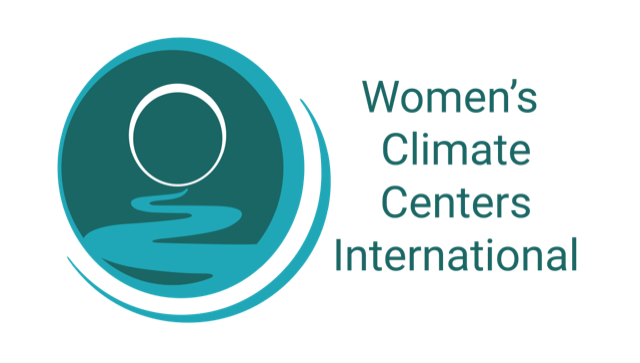Accessing local and indigenous knowledge
Local and grassroots knowledge are increasingly recognized as essential to developing resilience, adaptation, and disaster response plans that truly serve local needs, rather than the conventional top down decision making that too often does not provide effective and timely responses to the unique climate events and community experience. The WCCI African leadership team speaks multiple East African languages and have years of experience working with small rural communities. As a result, WCCI is uniquely positioned to assist organizations and institutions with stakeholder research and accessing local knowledge.
Client: World Resources Institute
WCCI led community meetings and interviews in Uganda and Kenya to contribute to the development of WRI’s Locally Led Adaptation Principles. The WCCI team conducted community dialogues in southwestern Kenya and in southern Uganda. Focus groups comprised of women, men, youth, thought leaders, disabled, children and elders to ensure a whole society approach, and one group was specifically for youth, acknowledging the vital role that young people play in protecting the environment and addressing climate impacts. In both Kenya and Uganda, thought leaders were also interviewed individually to capture their opinions.
The information collected was synthesized and summarized by the team, which then contributed to the Locally Led Adaptation principles drafted by WRI as one part of their Locally Led Action Track. The Locally Led Adaptation Principles were released in November 2020 during WRI’s Adaptation Week, and the Global Commission on Adaptation is expected to adopt the Principles at the Climate Action Summit in London in January 2021.


